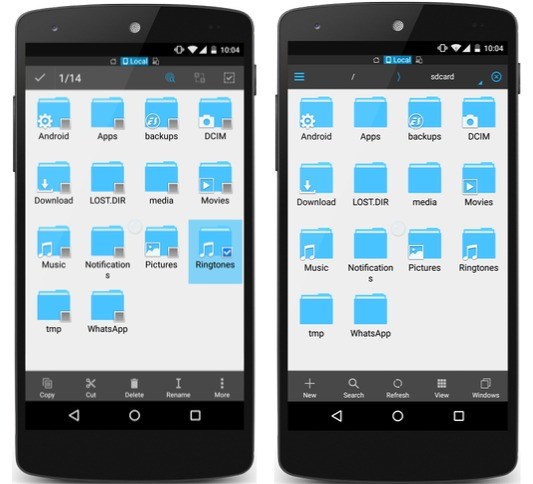

The return value of stop/1 isīy using Application, modules get a default implementation of stop/1 This callback allows theĪpplication to do any final cleanup. The supervision tree has been stopped by the runtime. When an application is shutting down, its stop/1 callback is called after The type argument passed to start/2 is usually :normal unless in aĭistributed setup where application takeovers and failovers are configured.ĭistributed applications are beyond the scope of this documentation. Like Mix take care of starting an application and all of its dependenciesįor you, but you can also do it manually by calling:, where pid is the PID of the supervisor, and Your system starts, raising an error in case they differ.Īpplications can be loaded, started, and stopped. compile_env ( :my_app, :db_host, "db.local" )īy using compile_env/3, tools like Mix will store the values used duringĬompilation and compare the compilation values with the runtime values whenever However, if you really have to read the application environmentĭuring compilation, we recommend you to use compile_env/3 instead: Application. Which is mostly likely unavailable in the production environment.įor those reasons, reading the application environment at runtime should be theįirst choice.
#Startup manager app mod code#
This value will have no effect as the code was compiled to connect to "db.local", Has: config :my_app, :db_host, "db.production" Runtime is not going to change! For example, if your config/runtime.exs This approach has one big limitation: if you change the value of theĪpplication environment after the code is compiled, the value used at

get_env ( :my_app, :db_host, "db.local" ) def start_link ( ) do SomeLib.DBClient. Outside of a function: defmodule MyApp.DBClient do Application. Rare occasions you may want to use the application environment to configure The application environment at runtime is the preferred approach, in some Will only be read when MyApp.DBClient effectively starts. In other words, the environment key :db_host for application :my_app fetch_env! ( :my_app, :db_host ) end end start_link ( host : db_host ( ) ) end defp db_host do Application. In the previous example, we read the application environment at runtime: defmodule MyApp.DBClient do def start_link ( ) do SomeLib.DBClient. Module for directly accessing or modifying the environment of other applications. However, as a rule of thumb, each application You can also change the application environment dynamically by using functions Your application can override its :db_host environment variable as follows: import Config config :my_app, :db_host, "db.local" In Mix projects, the environment of the application and its dependencies canīe overridden via the config/config.exs file. Such as fetch_env!/2 and friends: defmodule MyApp.DBClient do def start_link ( ) do SomeLib.DBClient. Now, in your application, you can read this environment by using functions Project's mix.exs file, you can set the :env key in application/0: def application do ] end Note that this environment is unrelated to theīy default, the environment of an application is an empty list. Therefore those will be the topics we will cover firstīefore jumping into details about the application resource file and life-cycle.Įach application has its own environment. Each application also has its ownĮnvironment, which provides a unified API for configuring each application.ĭevelopers typically interact with the application environment and itsĬallback module. ApplicationsĪre loaded, started, and stopped. Standardized directory structure, configuration, and life cycle. Programming languages, but with some additional characteristics.Īn application is a component implementing some specific functionality, with a The idea, they are similar to the "library" concept common in other
#Startup manager app mod software#
Application behaviour (Elixir v1.12.3) View SourceĪ module for working with applications and defining application callbacks.Īpplications are the idiomatic way to package software in Erlang/OTP.


 0 kommentar(er)
0 kommentar(er)
